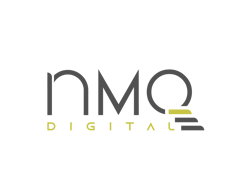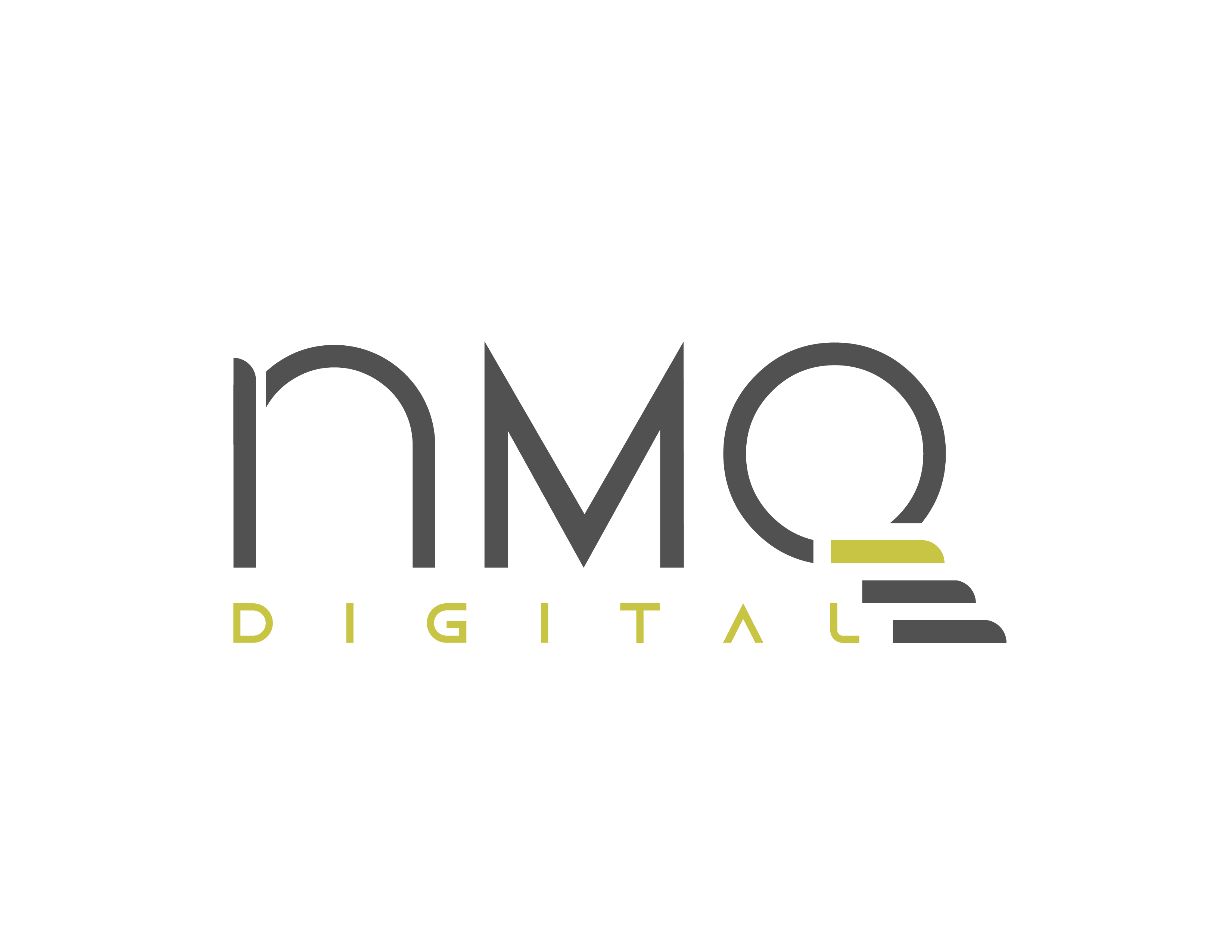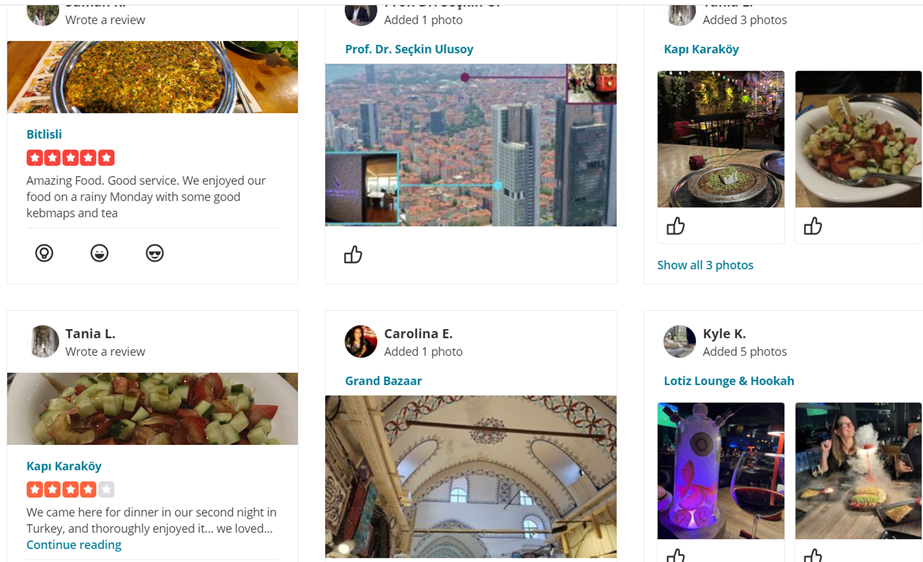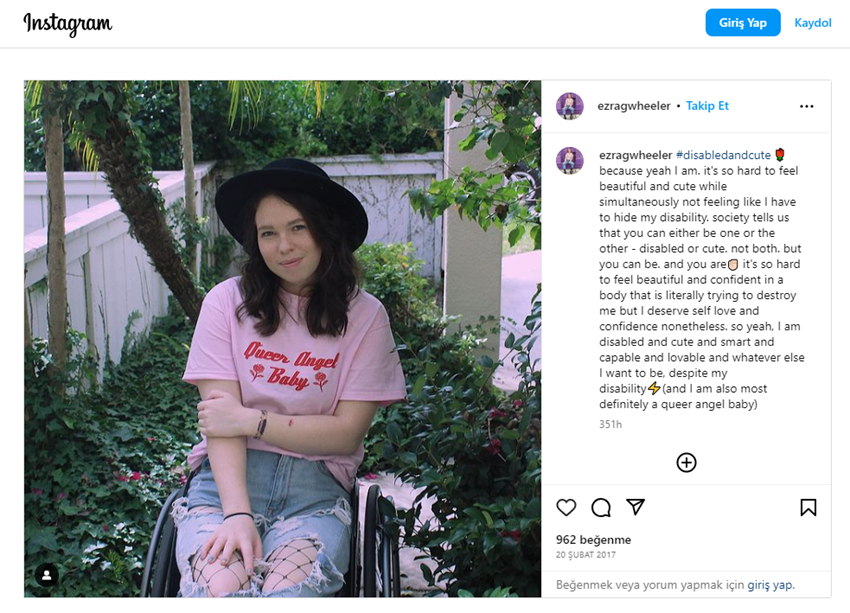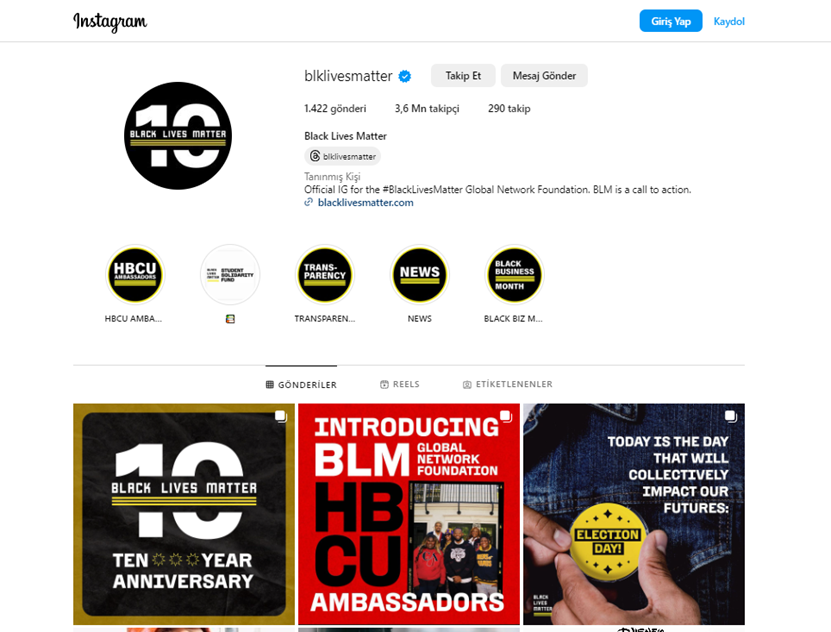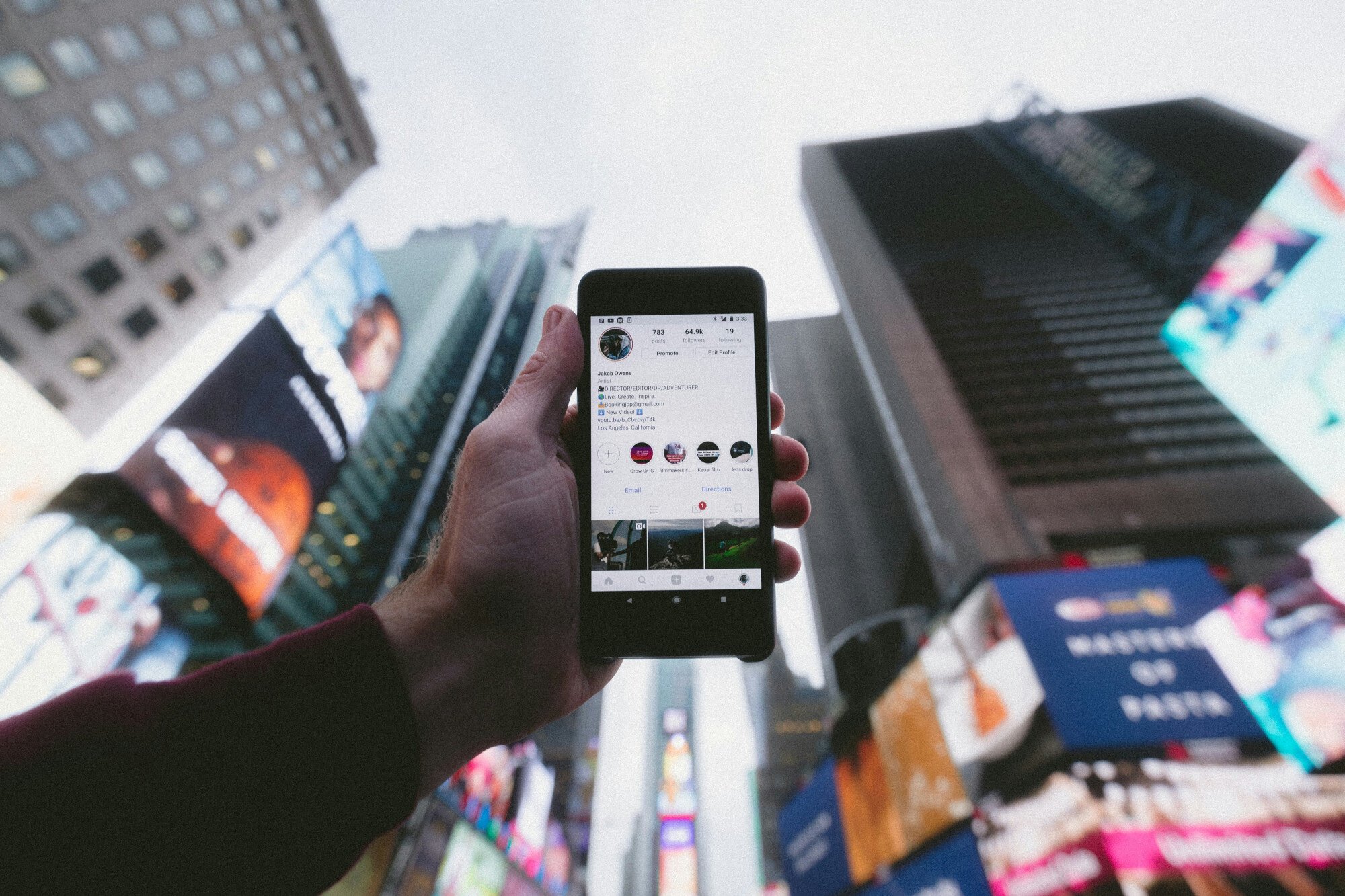In the expansive canvas of the digital era, the internet and social media serve as the fundamental threads interweaving the global community. These platforms have revolutionized interpersonal connections, surpassing geographical constraints and time differentials to forge a genuinely global village. From the lighthearted exchange of cat memes to the deliberation of profound ideas, the online sphere has evolved into our virtual playground. Within this dynamic landscape, one prevailing phenomenon takes precedence: authentic user-generated content (UGC).
Consider UGC as a paradigm shift, challenging the conventions of traditional content creation. No longer confined to the privileged few wielding the megaphone, it is now the collective voice of ordinary individuals resonating across the digital expanse. Social media platforms emerge as the contemporary town square, affording each person a soapbox, a narrative to share, and a receptive audience. This transition signifies the democratization of content creation—a departure from the hierarchical model where information cascaded from a select few to the masses. Instead, it embodies a grassroots surge of creativity, where the demarcation between creators and consumers blurs, and the digital stage welcomes anyone armed with a smartphone and a narrative to articulate.
In this blog post, we will focus on;
- The Rise of User-Generated Content (UGC)
- The Diverse Forms of User-Generated Content (UGC)
- The Social Impact of User-Generated Content (UGC)
- Challenges and Considerations of UGC
- Brands and User-Generated Content (UGC)
- The Future of User-Generated Content (UGC)
1: The Rise of User-Generated Content (UGC)
Imagine the early days of the internet, when the dial-up connection melody marked your online experience. Forums, the digital meeting spots, were where user-generated content (UGC) began. Authentic user-generated content started with enthusiasts discussing hobbies, sharing insights, and forming virtual communities – the internet's unsung heroes laying the groundwork for a digital revolution.
Fast forward to Web 2.0, where the internet transformed into an interactive playground. Social media platforms emerged, turning the internet into a bustling global hub. Suddenly, everyone became a content creator, armed with smartphones and a desire to share snippets of their lives. UGC videos took the spotlight, capturing authentic moments and creating a new breed of content creators. The lines between consumers and producers blurred, and user-generated content online took center stage. Platforms like YouTube, with its UGC content creators, became digital amphitheaters where ordinary folks showcased extraordinary talents.
Key moments and platforms played a crucial role in the rise of UGC. Remember the Ice Bucket Challenge flooding your Facebook feed? More than a viral sensation, it showcased the power of user-generated content campaigns, raising awareness and funds for a cause. Brands caught on, realizing that user-generated content impacts brands in a way traditional advertising can't. Product websites evolved from static pages to living, breathing canvases shaped by user contributions. This shift marked a turning point – a nod to the authentic voices shaping our online experiences.
2: The Forms of User-Generated Content (UGC)
Now, let's delve into the dynamic realm of User-Generated Content (UGC), a transformative force reshaping our interaction with brands in the digital sphere. From compelling reviews to captivating images and engaging videos, everyday individuals seamlessly transition into remarkable UGC content creators, taking center stage as the stars of the online arena.
Take a glimpse at the GoPro #GoProChallenge – a virtual adventure tour unveiling users' exciting moments captured on their GoPro cameras. This campaign serves as a testament to the potency of UGC videos. It goes beyond showcasing camera skills; it orchestrates a communal experience, uniting the community in an extraordinary shared adventure. The power of UGC videos, as demonstrated by initiatives like the #GoProChallenge, underscores the ability of user-generated content to not only display individual creativity but to foster a sense of shared connection within a community.
However, UGC isn't confined to a specific location; it permeates various industries, making significant waves. Have you ever scrolled through Yelp? Consider those user reviews as your virtual guides. When browsing products online and encountering positive reviews and shout-outs from users, it's akin to a virtual endorsement affirming, "This is the real deal!"
Airbnb adeptly utilizes this strategy, transforming user stories into a personal connection with their audience. This practice vividly illustrates how user-generated content positively impacts brands, fostering authenticity and trust among consumers.
photo from: https://www.pixlee.com/blog/how-airbnb-thrives-on-user-generated-content
Now, let's highlight a fascinating aspect: UGC transcends the sole purpose of enhancing brand images; it emerges as a force for good. Recall the ubiquitous Ice Bucket Challenge? It wasn't merely about dousing oneself in ice water; it was a movement dedicated to raising awareness for ALS and overflowing donation buckets. UGC campaigns, exemplified by initiatives like the Ice Bucket Challenge, underscore the collaboration between brands and causes. They showcase a mutually beneficial relationship, creating a win-win scenario for content creators and their communities, particularly within the context of user-generated content campaigns. This signifies how UGC can be a powerful catalyst for positive impact, extending beyond brand promotion to contribute to meaningful social causes.
As we traverse the digital age, it's crucial to remember: UGC acts as the storyteller, sculpting brand narratives and weaving authentic connections. Behind this narrative, UGC content creators stand as the unsung heroes, crafting these stories into reality. They play a pivotal role, akin to a secret ingredient, rendering the digital world a more intriguing and vibrant space. This acknowledgment underscores the significance of UGC content creators in shaping the digital landscape and contributing to the richness of online experiences.
3: The Social Impact of User-Generated Content (UGC)
The emergence of authentic user-generated content (UGC) is akin to granting a microphone to those whose voices were often marginalized. This influential shift enables individuals and communities, once relegated to the sidelines, to step into the spotlight. Empowered by digital tools, UGC creators—remarkable content contributors—are utilizing platforms like TikTok, Instagram, and YouTube to share their stories and experiences. This democratization of content creation resembles the opening of floodgates, ushering in a diverse array of voices, dismantling outdated barriers, and revolutionizing the traditional narrative landscape, particularly evident in the realm of user-generated content campaigns.
Consider the hashtag #DisabledAndCute—a movement, not just a social media trend. Individuals with disabilities use it to showcase their lives, challenging stereotypes and fostering a vibrant sense of community and acceptance. UGC transcends mere content; it serves as a catalyst for change, activism, and awareness, spotlighting issues that may have been overlooked. This phenomenon vividly illustrates how user-generated content positively impacts brands, becoming a powerful tool for shining a light on societal challenges and driving meaningful conversations.
Look at the Black Lives Matter movement – UGC played a huge role, especially through impactful UGC videos showing instances of racial injustice. Activists and regular people alike used social media to share their stories, document protests, and educate people globally. It wasn't just about raising awareness; it was about getting people to take a stand, showing the real muscle of user-generated content in kickstarting social movements, particularly through impactful user-generated content campaigns.
And it's not just about individual stories – UGC is shifting how society as a whole thinks. LGBTQ+ communities are using platforms like YouTube to share personal narratives, creating more understanding and empathy. These UGC campaigns aren't just diversifying media representation; they're challenging old ideas. In this digital revolution, one thing is clear: authentic user-generated content isn't just a trend; it's a force reshaping societal narratives and giving a powerful voice to those who once stood in the shadows, emphasizing how user-generated content impacts brands and societal perceptions positively.
4: Challenges and Considerations of UGC
So, while authentic user-generated content (UGC) has become this super cool tool for brands and individuals, it does bring along a few challenges that we need to chat about.
One big concern is the possibility of spreading misinformation. You know how UGC, especially in the form of UGC videos, can sometimes be like a game of telephone – things get mixed up or taken out of context, leading to false or misleading info. This not only puts individuals at risk but also the broader public. Brands need to be extra careful because misinformation can put a serious dent in their reputation and trust levels. That's why it's crucial for platforms and brands to ramp up their fact-checking game and teach users the ropes of responsible content creation and sharing, especially in the context of user-generated content campaigns.
Then there's the issue of privacy. When personal stories and experiences start making rounds online on product websites or other user-generated content online spaces, it's like walking a tightrope – you might accidentally spill some beans you didn't mean to. UGC creators, those great UGC content creators, might not always know the potential impact their content can have on themselves or others. To fix this, platforms and brands need to be all about digital ethics, making sure the rules for creating content respect everyone's privacy. It's all about finding that sweet spot between encouraging real expression and making sure people's private stuff stays private. Striking this balance is key to building a responsible and sustainable UGC world, where user-generated content impacts brands positively without compromising authenticity.
Now, how do we navigate these challenges? Well, it starts with platforms and brands being open and user-friendly about their policies. Educating UGC creators, these creative UGC content creators, about the nitty-gritty of misinformation and privacy is a big deal. Clear guidelines on creating content, fact-checking, and keeping privacy intact can turn users into responsible contributors. Plus, having a strong moderation system and using tech to spot and tackle sketchy content can go a long way in minimizing the not-so-great side of UGC. So, by staying connected with their user communities and promoting a vibe of responsibility, platforms, and brands can enjoy the good stuff that UGC brings, especially when it comes to user-generated content impacts brands, while keeping the not-so-good vibes in check.
5: Brands and User-Generated Content (UGC)
Enterprises are swiftly recognizing the incredible potential of authentic user-generated content (UGC), a potent tool revolutionizing brand loyalty and facilitating genuine conversations with audiences. UGC videos take center stage in this narrative, forming a dynamic duo that enables brands to forge connections with consumers in unprecedented ways. By encouraging customers to express their experiences and creativity through videos, businesses tap into the authenticity and relatability that UGC provides. Platforms like Instagram, TikTok, and YouTube emerge as vibrant hubs where UGC creators showcase products, fostering an authentic relationship between brands and their audience, particularly within the context of UGC campaigns.
To excel in the UGC arena, brands can execute savvy maneuvers. Envision user-generated content campaigns with well-defined themes or challenges—akin to a digital pep talk inspiring active customer participation. Contests, hashtags, or prompts act as magic wands, motivating UGC creators to share experiences aligned with the brand's values. A pro tip: strategically placing UGC across product websites or social media platforms puts the brand's community in the spotlight, showcasing diversity and underscoring the impact of user-generated content.
Yet, the secret sauce lies in brands high-fiving UGC creators. Recognizing their contributions and fostering a sense of community transcends merely showcasing their content. It involves actively engaging in the conversations initiated by user-generated content, allowing brands to build robust connections with customers and cultivate loyal fans. This interactive approach not only amplifies the impact of user-generated content on the brand but also solidifies the brand-customer relationship.
6: The Future of User-Generated Content (UGC)
If we peer into the future, the landscape of user-generated content (UGC) is poised for a tech and behavior overhaul. UGC videos, the true luminaries, are cementing their presence, and emerging technologies like augmented reality (AR) and virtual reality (VR) are seamlessly intertwining with UGC, injecting fresh perspectives into user-generated storytelling. Envision more immersive experiences on platforms, where UGC creators seamlessly blend narratives with these technologies, delivering audiences content that is more engaging and interactive. This signifies a high-tech upgrade for UGC, particularly within the realm of user-generated content campaigns.
Now, let us step into the realm of tech superheroes – artificial intelligence (AI) and machine learning. They're primed to revolutionize the UGC landscape. AI-driven content creation tools act as the indispensable allies UGC creators never knew they needed. Think advanced editing, voice enhancements, and real-time visual generation, making content creation a seamless endeavor for a broader spectrum of users, contributing high-quality, polished content. Enter the magic trick: personalization algorithms, functioning as digital fairy godmothers ensuring audiences discover user-generated content tailored precisely to their interests. These technological advancements in user-generated content positively impact brands, rendering content more relevant to audiences.
In the midst of these shifts, the internet landscape undergoes a substantial overhaul. Decentralized platforms and blockchain technology take center stage. Decentralized platforms function as guardians, providing enhanced security, ownership, and control over user-generated content. Concerns about data privacy and intellectual property find resolution in these advancements. Brands are actively exploring ways to ride this wave, establishing connections with UGC creators on decentralized networks, fostering relationships grounded in trust and transparency. As user behaviors synchronize with these technological rhythms, the future of UGC is poised for a diverse range of dynamic content, shaped by innovations elevating both the creation and consumption experiences.
In a nutshell, the journey of user-generated content (UGC) persists, continuously shaping the digital landscape with thrilling trends on the horizon. UGC videos and creators, undeniably the real MVPs, maintain their central roles. However, a plot twist is unfolding as emerging technologies such as AR, VR, AI, and blockchain prepare to seize the spotlight, transforming how users engage with and contribute content. Brands stand to benefit significantly, with these advancements promising more immersive, personalized, and secure UGC experiences. If you need support with listening or monitoring your user-generated content, NMQ Digital is here with its Social Media Management services.
